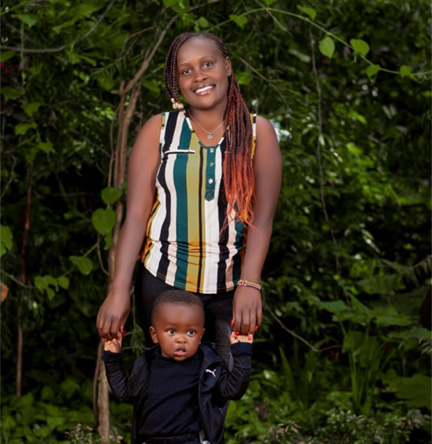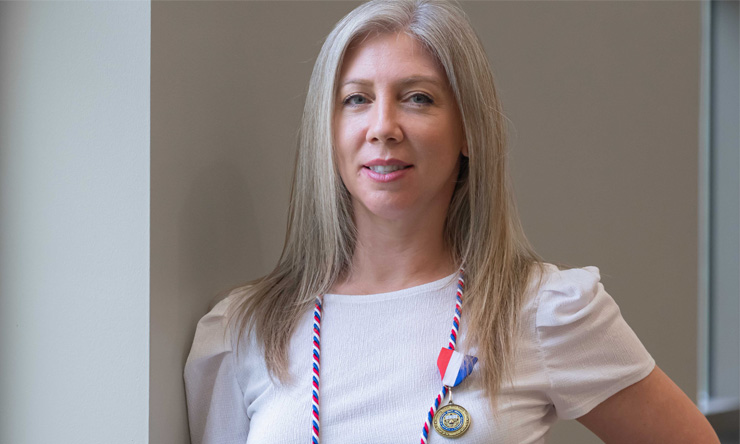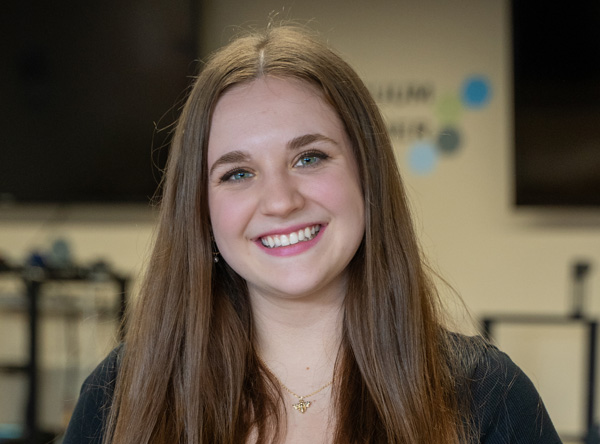As it is for many first-time mothers, missing her baby during the workday has become the new normal for Johnna (Klossing) Kerres '09.
For Johnna and her son Everett, however, any manner of normal is welcome.
Kerres, a production specialist in the SAU Communication Department, gave birth to Everett on Sept. 20, less than four months after undergoing a rare in-utero, experimental surgical procedure known as fetoscopy.
Performed by a team of fetal doctors at the Texas Children's Hospital in Houston, the pioneering procedure is designed to help babies diagnosed with the debilitating birth defect spina bifida.
"Spina bifida is a defect causing an opening in the back and defects in the spinal cord and spine," Kerres explained. "Children born with spina bifida can experience mobility issues, excess spinal fluid on the brain, bowel and bladder problems, and learning difficulties."
Fetoscopy is the newest and least invasive procedure developed to help avert such problems by covering an exposed spinal cord while a baby is still in its mother's womb. Everett's surgery was the 19th fetoscopy performed by the Texas team, and it was done under the observation of teams from Stanford and Johns Hopkins medical schools along with health professionals from Spain and France.
Kerres and her husband, Adam, remained in Texas following the procedure, with the expectant mother on modified bed rest. Everett entered the world 105 days after the surgery, 19 inches long and weighing 6 pounds, 7 ounces.
"As the doctors were holding him up, he shifted his deep blue eyes and looked right into mine," Kerres said. "My heart might as well have exploded. I felt so much love."
That's normal to most mothers and babies, of course. As Everett continues to grow, normal also includes heart-warming smiles and crazy kicking legs. "However, to a mother who was told her son would never walk, every stretch and toe wiggle is a miracle," Kerres noted.
Complications still could ensue, and Everett will be monitored with regular checkups until his 18th birthday as part of the TCH team's experimental research.
"I never would have imagined that my little boy and I would be contributing to medical research that may shape the future," Kerres said. "He is only six months old and he has already made a big impact in the world. I look forward to watching him grow and continue to defy the odds."
Share This Story



